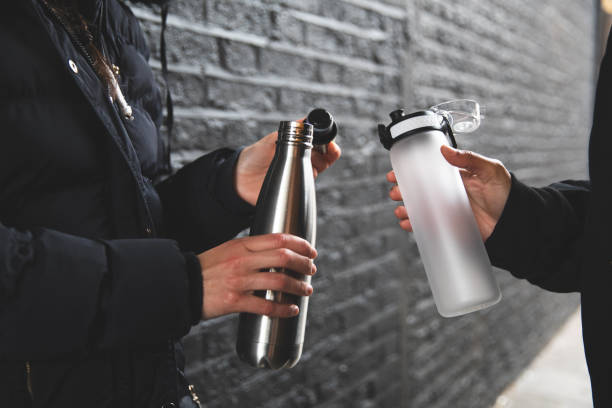
In recent years, environmental consciousness has gained momentum, leading to innovative solutions for reducing plastic waste. One such solution is Boxed Water in India, an eco-friendly alternative to single-use plastic bottles. This concept, originally popularized in Western countries, is now making its mark in India, offering a sustainable option for hydration while addressing the growing plastic pollution crisis.
What is Boxed Water?
Boxed water is packaged drinking water sold in recyclable paper-based cartons, resembling the design of juice or milk cartons. These cartons are primarily made from renewable materials like paperboard, with a minimal plastic lining to ensure water safety. By replacing conventional plastic bottles with boxed water, consumers contribute to reducing the environmental impact of single-use plastics.
The Need for Boxed Water in India
India generates an alarming amount of plastic waste every year, much of which comes from single-use plastic bottles. The country’s infrastructure for plastic recycling is often overwhelmed, resulting in large quantities of waste being dumped in landfills or polluting water bodies. This has severe consequences for marine life, ecosystems, and public health.
Boxed water provides a viable alternative, leveraging renewable materials and promoting recycling. Additionally, the concept aligns with the Indian government’s initiatives to reduce plastic waste, such as the ban on single-use plastics introduced in 2022.
Benefits of Boxed Water
1. Sustainability
Boxed water uses paper-based packaging, which is more environmentally friendly compared to traditional plastic bottles. The materials are sourced from responsibly managed forests, ensuring a lower carbon footprint.
2. Recyclability
The cartons are designed to be fully recyclable, provided proper waste management practices are followed. This significantly reduces the amount of waste ending up in landfills.
3. Reduced Carbon Emissions
Production and transportation of boxed water have a smaller carbon footprint compared to plastic bottles. The lighter weight of cartons makes logistics more efficient, further reducing emissions.
4. Promoting Awareness
By choosing boxed water, consumers actively support sustainability and create a ripple effect of environmental awareness among peers.
Challenges in Popularizing Boxed Water in India
While the concept of boxed water is promising, it faces several challenges in India:
- Cost Concerns: Boxed water is often priced higher than plastic bottles, which may deter price-sensitive consumers.
- Limited Availability: The concept is still in its nascent stages in India, with limited brands offering boxed water in the market.
- Recycling Infrastructure: Effective recycling requires robust infrastructure, which is not uniformly developed across the country.
- Consumer Awareness: Educating consumers about the benefits of boxed water over plastic bottles is essential for widespread adoption.
Indian Brands Embracing the Trend
Several Indian startups and brands are exploring sustainable water packaging, including boxed water. These companies aim to cater to environmentally conscious consumers, particularly in urban areas where demand for eco-friendly products is growing. By offering boxed water at competitive prices, these brands can accelerate the adoption of sustainable hydration options.
Boxed Water vs. Paper Bottle
While boxed water uses cartons for packaging, the concept of a paper bottle takes sustainability a step further. Paper bottles are made entirely of biodegradable materials, making them an even more eco-friendly alternative. However, they are currently less common in India due to higher production costs and limited availability.
The Future of Boxed Water in India
The future of boxed water in India looks promising as more people recognize the need for sustainable alternatives to plastic. Government policies supporting eco-friendly initiatives, combined with increasing consumer demand for green products, are likely to propel the growth of boxed water. Collaborations between brands, policymakers, and waste management systems will play a crucial role in scaling the concept.
Boxed water is not just a trend; it’s a necessary step toward protecting the environment. By adopting sustainable practices like using boxed water, India can significantly reduce its plastic footprint. As the movement gains momentum, it offers hope for a cleaner, greener future.